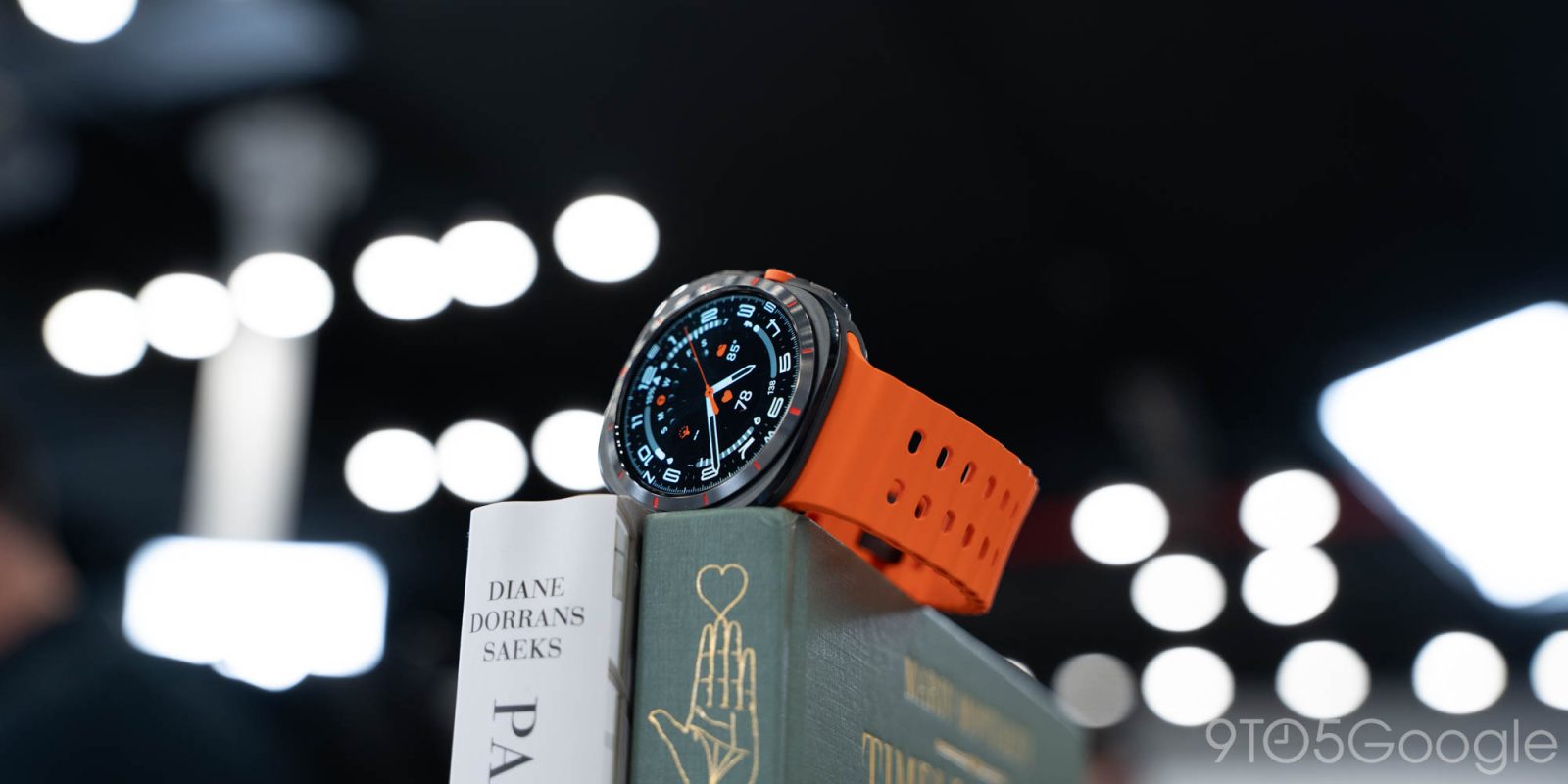
By Rabbi Yair Hoffman
Join our WhatsApp group
Subscribe to our Daily Roundup Email
Ten years ago, this author wrote an article that proposed a modification to the Kallah teacher curriculum regarding cancer screening, which could potentially save lives. Getting the endorsement of our Rabbonim and Gedolim for this modification could have a significant impact. It is now noteworthy that the NIH in England offers tests for this and that it is available through a saliva test.
THE HALACHA
Periodically, a medical issue arises that requires urgent attention. The prevention and reduction of disease is a biblical obligation. The verse in Devarim (4:15) “V’nishmartem me’od l’nafshoseichem” is understood by the Gemara and the poskim to mean that safeguards and measures must be taken to ensure our personal health and safety.
Due to advancements in genetic testing, medical labs have been able to detect harmful mutations in the BRCA1 and BRCA2 genes since 1994. This testing can and should be utilized to predict a predisposition to several forms of cancers. According to statistics, 80% of women with these defects will get women’s cancer.
THE PREVALENCE – 1 IN 40
Breast cancer has a staggering 1,200% higher incidence among Jewish Ashkenazi women compared to the general population. One in forty Ashkenazi Jewish women has a mutated BRCA1 or BRCA2 gene. Dr. Herman, a respected ob-gyn with a practice on Long Island, asserts, “Every Ashkenazic female in our shuls and Jewish community centers should be tested for this. It affects one in forty women.” A recent article by Steven A. Narod, MD, of the University of Toronto and co-authors recommended that women with the harmful BRCA gene mutations should opt for ovary removal at age 35.
KALLAH TEACHERS
In recent years, it has been suggested that our kallah teachers advise kallahs to start taking folic acid before they get married to improve fetal development. Based on discussions with expert doctors in the field of oncology, the author believes that kallah teachers should offer two additional recommendations that will save lives.
THE TWO RECOMMENDATIONS
They should strongly recommend that:
– By the first birthday of their first child or by age 25 after marriage, each woman should be tested for BRCA mutations.
– In the event of a positive test, at the age of 35, the woman should consider bilateral oophorectomy surgery.
This surgery would typically be prohibited, but the author, based on the study results published in the Journal of Clinical Oncology, believes it is halachically recommended for women who test positive for these BRCA1 or BRCA2 mutations.
The author proposes the age of 25 for testing as this marks the time when action could potentially make a difference, and a significant portion of these women would likely be married by then. At 25, those who test positive could then be taught more advanced self-examination techniques and be put on safe medications that reduce the incidence of some cancers by 50%.
The study involved almost 6,000 women and showed that carriers of the BRCA 1 and 2 mutations had an 80% lower risk of ovarian cancer if they underwent bilateral oophorectomy. Oophorectomy was also associated with a 77% reduction in the hazard for all-cause mortality, primarily due to the effect on ovarian and breast cancer risk. Dr. Narod said in a statement, “These data are so striking that we believe prophylactic oophorectomy by age 35 should become a universal standard for women with BRCA1 mutations.” He continued, “Women with BRCA2 mutations, on the other hand, can safely delay surgery until their forties, since their ovarian cancer risk is not as strong.”
Talmudically, the Torah forbids actions that render a person unable to have children. The Rambam and the Shulchan Aruch both suggest that such operations are generally prohibited but exempt. However, for great need, this prohibition may be set aside. This issue affects all of Klal Yisroel and should be brought to our gedolei ha’poskim for further investigation.
The author invites any Rav or Posaik who wishes to be included in a Kol Koreh or public letter to this effect to email him at [email protected].
Follow VINnews for Breaking News Updates












